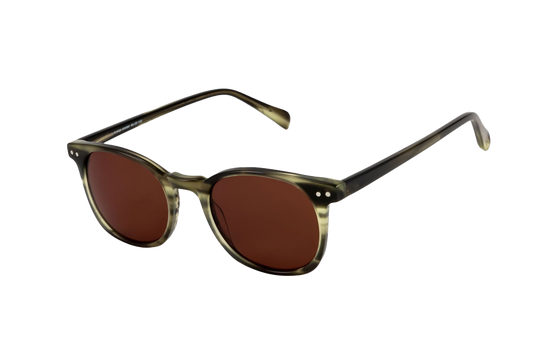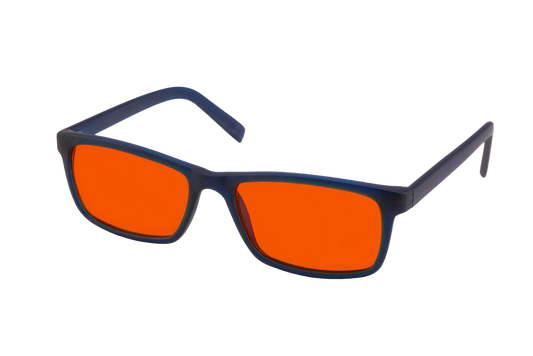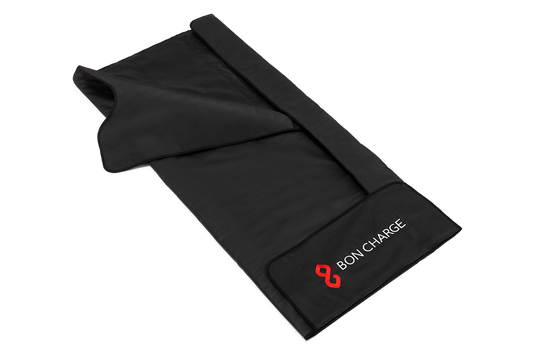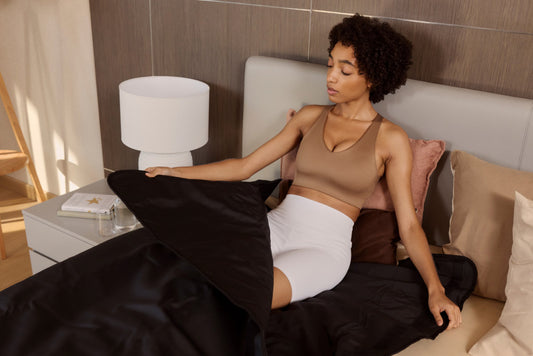How To Age Well - Your Official Feel-Good Guide
PR Bon Charge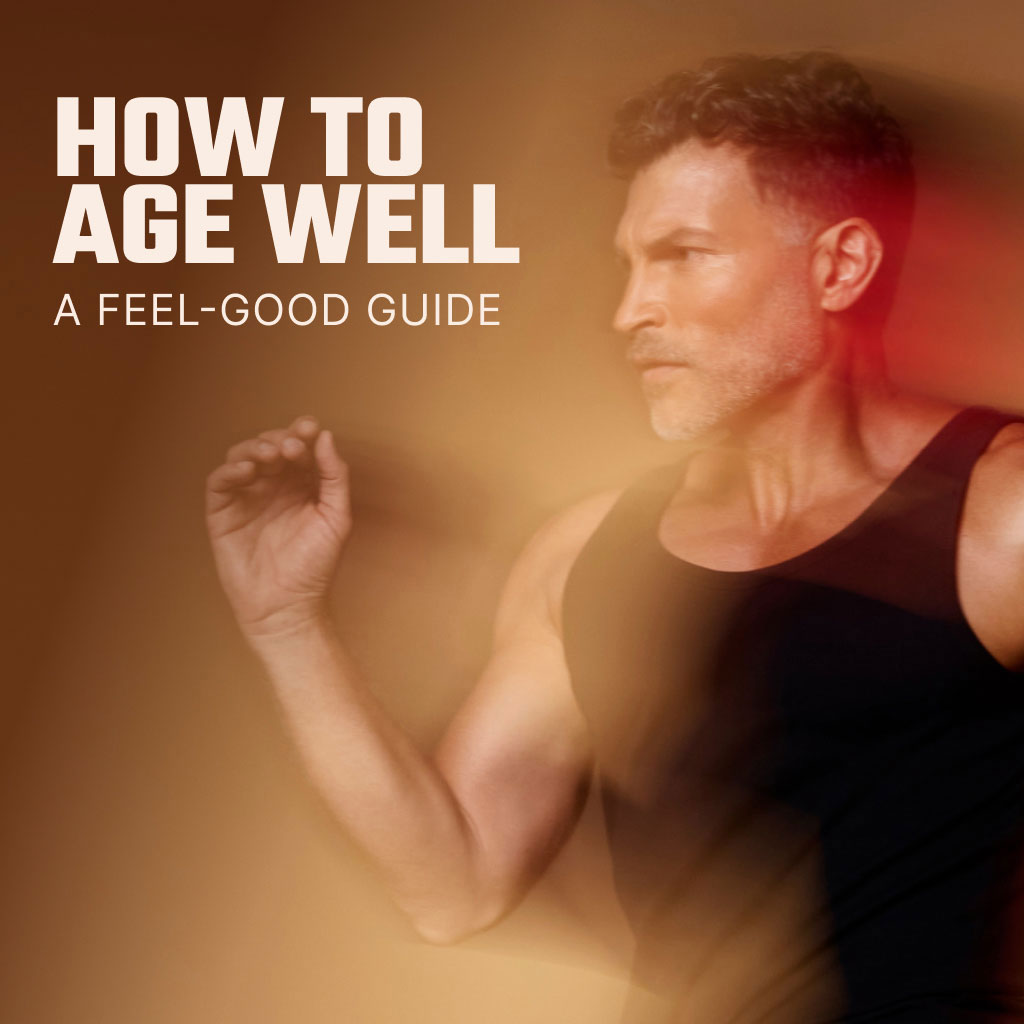
The month of September celebrates healthy aging.
A time to raise awareness of the physical and mental wellness of adults. It's also a timely reminder that aging changes our minds and bodies.
Aging is a journey we all embark on, and with the right approach, it can be a fulfilling experience.
As a planet, we're all living longer. Maintaining our wellness is crucial for managing changes and preventing common age-related concerns. Embracing healthy habits can make a significant difference to our overall well-being.
If you apply them, the tips and advice in this blog will serve you well. Consider trying them all year round to stay active and feeling at your best as you age.
Here’s your official feel-good guide to aging well.
Sleep Well Every Night
Quality sleep is the cornerstone of recovery and wellbeing. As we age, maintaining a consistent sleep wake cycle becomes essential.
Research shows that positive pre-bed routines can help you fall asleep more easily and improve the quality of your sleep. Pre-sleep positive habits can help you fall asleep faster - and stay asleep.
For starters, you should try to avoid drinking caffeine or alcohol before bed. Research shows that both affect sleep quality.
Avoiding artificial light from screens is another positive habit you should form. Exposure to blue light after sunset sends signals to us that it's daytime, suppressing our melatonin production. This can lead to poor sleep and strained eyes.
If you usually watch TV or use your phone before bed, consider wearing blue light blocking glasses. Or try using blue-free lighting around your home. Both can help you wind down and help you fall asleep faster.
Keeping your bedroom dark and cool can also enhance your sleep. If you don't have black-out blinds or curtains, you can always try a sleep mask.
Daytime naps, if short, can also be beneficial. However, avoid long naps during the day, as they can disrupt your nighttime rest.
Several sleep studies commonly advise aiming for 7-9 hours of sleep each night. This will help to support your body’s circadian rhythm.
Further reading: How to fall asleep faster.
Sit Less, Move More
Sitting down all day to come home and sit on the sofa eventually impacts your wellness.
A lack of physical activity can have a negative impact, especially as we age. It's advisable for older adults (in fact, everyone) to sit less and move more.
Simple changes like going for walks and choosing the stairs can make a significant impact. Walking is considered as good as a run. As a guide, 8,000 to 10,000 steps is a good number to aim for each day.
Unsure how to measure your steps? Depending on which phone you use, it's easy to count your daily steps. An iPhone has the 'health app' built in. Alternatively, you can download free apps like Google Fit and Accupedo.
Integrating more movement into your daily routine helps you maintain mobility. Studies show, it can also support cardiovascular health, and it can even improve your mood.
Exercise Is Underrated
Regular exercise is one of the most effective ways to age well.
Exercise can also support your immune system and your mental wellbeing.
In an era of (growing) sedentary jobs, it's especially important to find time to exercise. Including a mix of strength training, aerobic exercises, and flexibility exercises into your routine can provide comprehensive wellness benefits.
However, it's important to find physical activities you enjoy. The gym isn't for everybody. Consider other activities like swimming, dancing, or playing non-competitive outdoor games with friends and family.
You should aim to make exercise a regular part of your life - and have some fun along the way.
Recovery Is Key
Our bodies need time to recover from physical activity and daily stressors. Recovery helps us prevent injuries and keeps us feeling our best.
Activities like yoga, stretching, and meditation can promote relaxation and help muscle recovery.
A growing number of doctors and athletes are using PEMF Mats & Wraps. PEMF technology can improve flexibility and speed up recovery. PEMF works by sending magnetic energy into your body to work with your natural magnetic field.
Infrared Sauna Blankets are also growing in popularity. Athletes who play physically demanding sports like baseball, basketball and MMA recommend them for faster recovery. 30 minutes relaxation in a sauna blanket can get you back on your feet faster.
Additionally, getting enough sleep and staying hydrated are crucial for effective recovery. Pay attention to what your body needs, and don’t hesitate to take rest days when necessary.
Keep Your Brain Active
Cognitive wellbeing is just as important as physical activity.
Engaging in activities that stimulate your brain waves can help to keep you feeling sharp.
Reading, puzzles, learning a new language, and spending time with friends and family are some excellent ways to keep your brain active. Social interactions and mental challenges can help maintain and even improve cognitive function over the long term.
Research shows that people with strong relationships tend to handle daily challenges more effectively - and live longer.
As a guide, aim for a minimum of 30 minutes of cognitive activity every day, where possible.
Protect Your Eyes
One of the first areas that tends to decline with age is our eyes. However, there are steps you can take to protect your vision. One of those is regular eye exams, which can detect any concerns early on.
Regular computer and screen use can cause digital eye strain. Reducing screen time can support your eyes. To reduce eye strain when using a computer or screen for work, try wearing blue light filtering computer glasses. These glasses can also reduce the symptoms of dry eyes, headaches and fatigue.
Wearing sunglasses to shield your eyes from UV rays can help, however, not all sunglasses allow beneficial red light through. Others don't offer anti-glare and 100% UV protection. For best results, a pair of biohacked sunglasses may be your answer.
Look After Your Skin
Our skin is a reflection of how well we look. It's often one of the first places to show signs of aging. Especially around our face, neck and chest areas.
Moisturizing regularly, and staying hydrated are essential practices for good-looking skin. Using Red Light Therapy devices in your skincare routine can reduce the appearance of fine lines and wrinkles.
These holistic beauty devices can promote a more youthful look. Adding them to your routine not only improves the overall look of your skin, it can save you money on replacement skincare products.
Additionally, avoiding smoking and excessive alcohol consumption can help maintain your skin’s youthful appearance.
Eat and Drink Well
Nutrition plays a vital role in how well we age.
A healthy diet includes fruits, vegetables, whole grains, lean proteins, and healthy fats to give your body the nutrients it needs.
Staying hydrated is equally important.
Limiting processed foods, sugar, and excessive salt can help manage weight and reduce the risk of concerns as we age. The same applies to alcohol.
As you age, consider working with a nutritionist to tailor your diet to your specific needs.
See Your Doctor
If in doubt, regular check-ups with your doctor are important. In most countries, it's advisable to see your doctor for an annual check-up once you reach 50.
Screenings and tests can catch potential concerns early, making them easier to manage.
This guide isn't written to address any health problems or health conditions. If you notice any changes, not matter how small, you should discuss them with your doctor.
Final thoughts
Aging well involves a holistic approach that encompasses physical activity, mental stimulation, social connections, and optimising your wellbeing.
You can live a vibrant and fulfilling life at any age. This can be achieved by including positive choices and habits into your daily routine. Making these changes can greatly improve your overall well-being.
Remember, it’s never too early or too late to start taking steps towards a happier you.
Want more wellness tips in your inbox? Why not join 340,000 people like you and take back control of your wellbeing.
This content is for informational purposes only and does not constitute medical advice. Products mentioned are not intended to diagnose, treat, cure, or prevent any medical condition. Individual experiences may vary.


